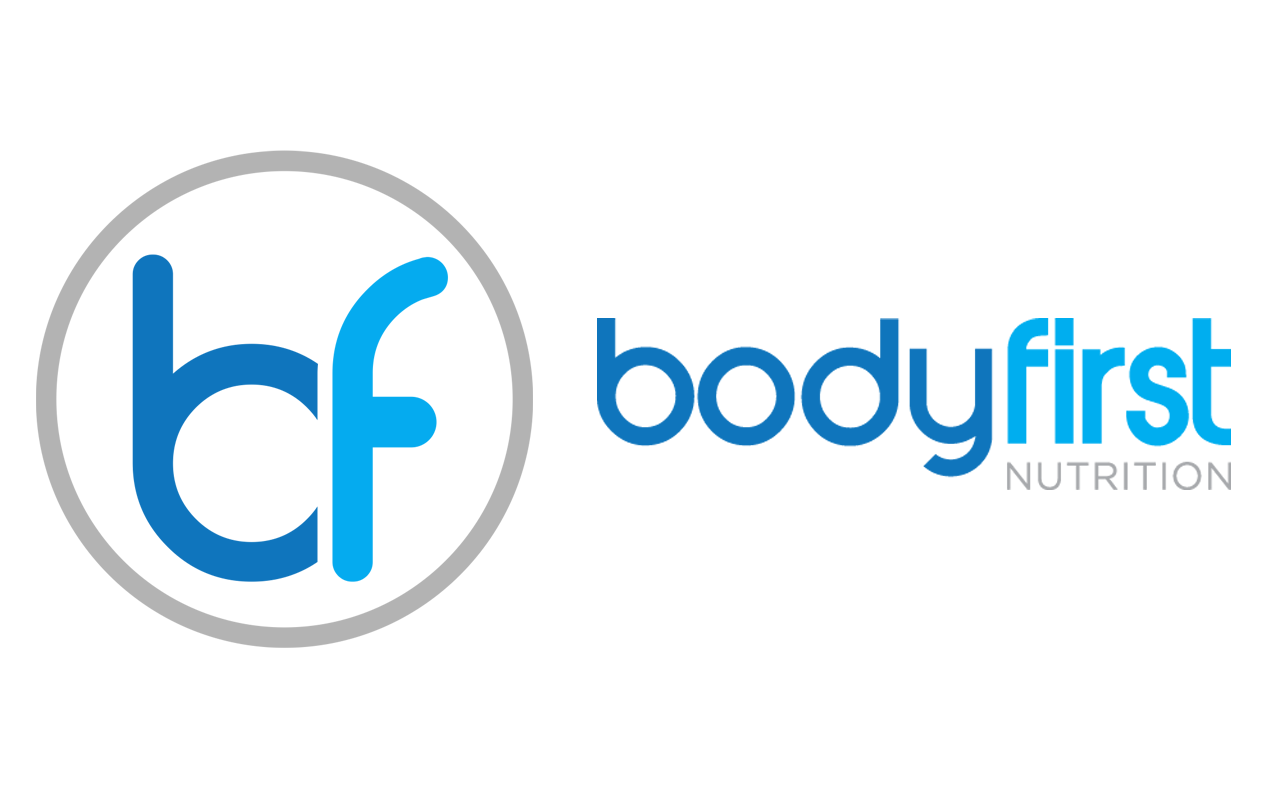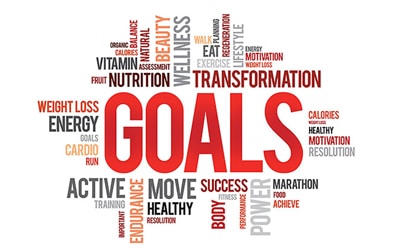Celebrating World Health Day

Every year, on 7th April, the world unites to celebrate World Health Day, a day dedicated to raising awareness about health and wellbeing on a global scale. This year, amidst the ongoing challenges and uncertainties, it’s more important than ever to prioritise our health and take proactive steps towards improving our overall wellbeing.
First Steps to Improve Your Health and Wellbeing:
Prioritise Physical Activity:
Incorporating regular physical activity into your daily routine is crucial for maintaining good health. Whether it’s going for a brisk walk, practising yoga, or hitting the gym, find an activity that you enjoy and make it a priority. Aim for at least 30 – 40 minutes of moderate exercise most days of the week.
Eat a Balanced Diet:
Fuelling your body with nutritious foods is essential for optimal health. Focus on incorporating a variety of fruits, vegetables, whole grains, lean proteins, and healthy fats into your meals. Limit processed foods, sugary snacks, and excessive amounts of salt and saturated fats.
Stay Hydrated:
Drinking an adequate amount of water is vital for your overall health. Aim to drink at least 8 glasses of water per day, and more if you’re physically active or in a hot climate. Avoid sugary drinks and excessive caffeine, as they can lead to dehydration.
Get Sufficient Sleep:
Quality sleep is crucial for both physical and mental wellbeing. Aim for 7-9 hours of sleep per night, and establish a regular sleep schedule to help regulate your body’s internal clock. Create a relaxing bedtime routine and avoid screens before bed to promote better sleep.
Manage Stress:
Chronic stress can have detrimental effects on your health. Practice stress management techniques such as deep breathing, meditation, yoga, or spending time in nature. Find healthy ways to cope with stress and prioritise self-care.
Cultivate Social Connections:
Strong social connections are important for mental and emotional wellbeing. Make an effort to nurture relationships with friends, family, and community members. Spend quality time with loved ones, engage in meaningful conversations, and seek support when needed.
Schedule Regular Check-ups:
Don’t neglect your healthcare needs. Schedule regular check-ups with your healthcare provider for preventive screenings, vaccinations, and health assessments. Address any concerns or symptoms promptly to prevent potential health issues.
On World Health Day and every day, remember that your health and wellbeing are invaluable assets. By taking small, proactive steps towards improving your lifestyle and prioritising self-care, you can enhance your quality of life and reduce the risk of chronic diseases. Let’s commit to making our health a priority and inspiring others to do the same. Here’s to a healthier, happier future for all.






